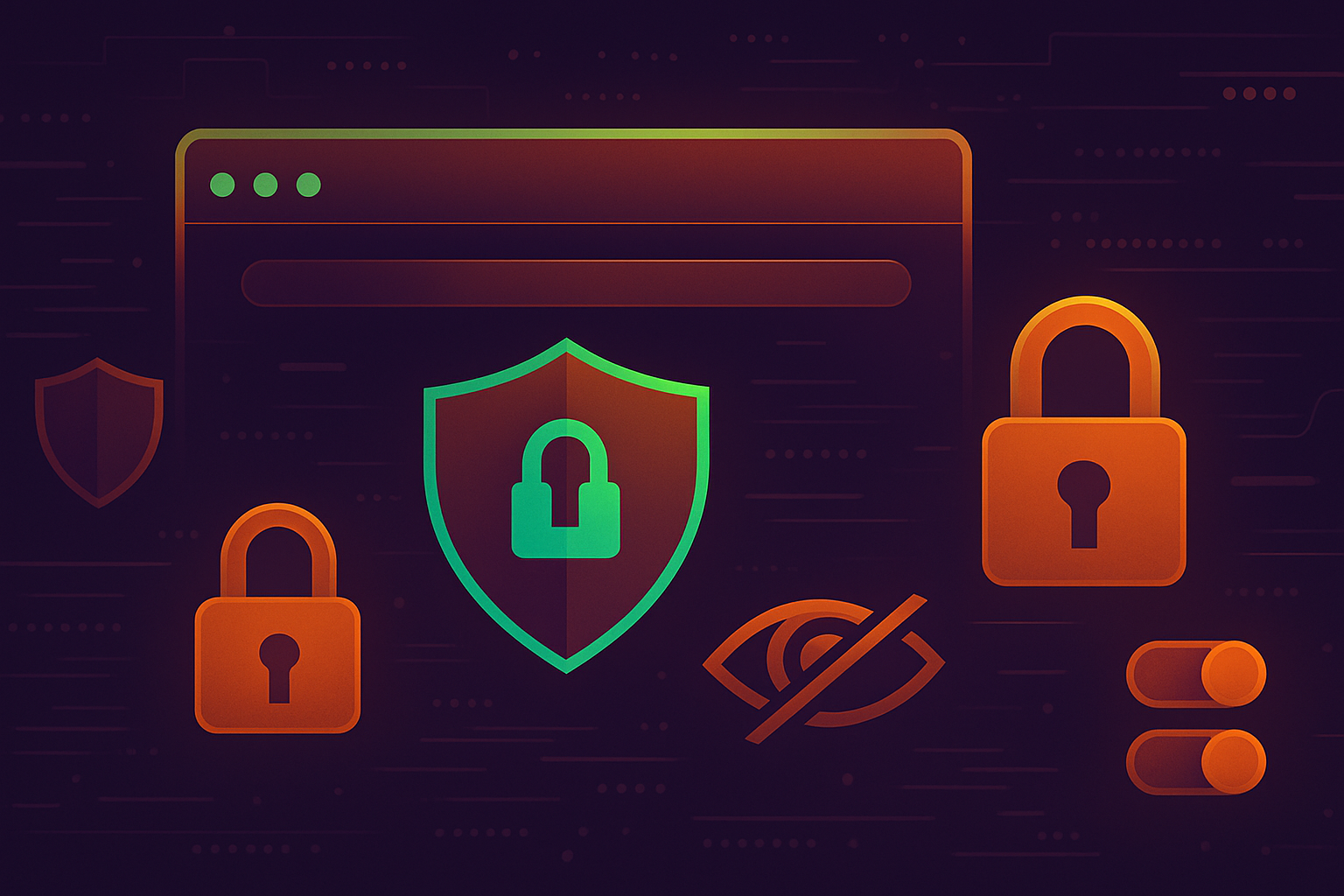
Browser Privacy: Which Settings Actually Make a Difference
Jayanika Chandrapriya
Software Developer & Tech Enthusiast • @jayc971

Software Developer & Tech Enthusiast • @jayc971
Digital privacy has become one of the most pressing concerns of our connected age, as the amount of personal data being collected, stored, and analyzed continues to grow exponentially.
The business model of many online services relies on collecting user data for targeted advertising, creating a situation where users "pay" with their personal information rather than money. Understanding this exchange is the first step toward making informed decisions about which services to use and how to use them.
Data breaches have become increasingly common, affecting even the largest and seemingly most secure organizations. These incidents expose sensitive information like email addresses, passwords, and sometimes financial details, highlighting the importance of using unique credentials for different services.
Smartphones represent one of the most significant privacy challenges, as they combine powerful sensors, location tracking, and constant internet connectivity. Reviewing app permissions regularly and being selective about which apps to install can help mitigate these risks.
Social media platforms collect particularly detailed information about users' preferences, behaviors, and social connections. Adjusting privacy settings, limiting the personal information shared, and being mindful of third party applications can help maintain some control over this data.
Smart home devices introduce new privacy considerations as they bring internet connected microphones, cameras, and sensors into our most intimate spaces. Researching manufacturers' privacy policies and understanding how to configure these devices securely is essential for protecting home privacy.
Encryption technologies provide important protections for digital communications and stored data. Using encrypted messaging apps, secure password managers, and full disk encryption can significantly enhance privacy and security.
The regulatory landscape around privacy continues to evolve, with laws like GDPR in Europe and CCPA in California establishing new rights for consumers. Understanding these protections can help individuals exercise greater control over their personal information.

Software developer and tech enthusiast passionate about sharing insights on technology, health, sustainability, and personal development. Connect with Jayanika for collaborations and discussions.
Share it with others who might find it interesting.

Cities around the world are experiencing a quiet revolution as grassroots sustainability initiatives transform urban landscapes from the ground up. These community-driven efforts are proving that meaningful environmental change doesn't always...

Modern life presents unprecedented challenges to our mental well-being. From information overload and digital overwhelm to economic uncertainty and social isolation, today's stressors are complex, persistent, and often invisible. Yet within these...

The shift to remote work has fundamentally changed how we think about company culture. No longer confined to office walls, corporate coffee machines, and conference rooms, culture must now transcend physical boundaries and flourish in digital...